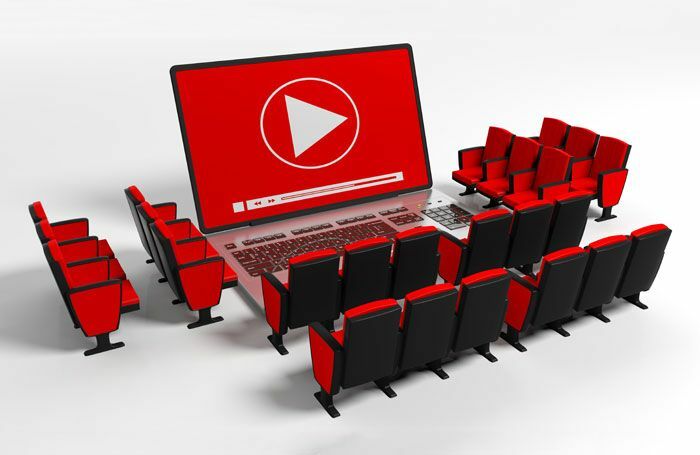
Article by
This pandemic has altered our lives in many ways; some are good and some are bad. For instance, now the sense of the importance of any other thing has gone, and only lives matter. The theatre and theatre artists have been affected the most because as a collaborative art theatre is facing the most difficult times.
Theatre has embraced and explored the digital possibilities as quickly as compared to any other form of art. There are a lot of theatre productions that are available online. Especially the National Theatre, UK has kept the fire alive of live theatre through live streaming of more than 18 theatre productions all over the world. In this way, theatre is not restricted to the elite and it charms the masses. It is free of cost or one can avail of an annual subscription on a nominal fee. It helps the actors to keep their passion alive but the amount gathered by this deal is not enough for the organization and other businesses attached to the theatre such as refreshment and space.
As a theatre practitioner, I still feel that the theatre organizations in countries like Pakistan and India, where the tickets are not very expensive. They were already struggling for their survival before the pandemic; the online performance costs them more than the live performance because they have to buy the equipment and better internet service along with theatre space and team. Although some artists have tried to give theatre a new dimension and created a virtual theatre for a larger audience. But I think it is not theatre because the charm of live performance is not there and the synchronization is difficult to achieve if the artists are not in one place.
The writers and artists are unwillingly kept on working at low rates just to keep updating their professional profile. These digital theatre productions do not gain much popularity due to the cheap access to various portals such as Netflix, Zee Five, YouTube, Tik Tok, etc. From these sites, producers are getting money as compared to Zoom and StreamYard. In the lockdown, people were watching web series and films more than the normal days. There is a huge spike in the graph of popularity of web series as compared to TV series even. The quality of web series and film production is very high and eye-catching as compared to the theatre online.
The artists are more comfortable and in direct conversation with their viewers through these sites. They gained more followers in their individual capacity rather than performing for a theatre director or a group. The artists are gauged by the number of followers on their Instagram accounts. It will be helpful for them in the future when they work in a theatrical play after the pandemic because their followers will come to see them live on stage.
As acting coaches, teachers are not comfortable teaching students online. The students are also incapable of doing intense exercises because the reaction is not in time. The online classes are only fruitful for theoretical subjects where discussion is needed, otherwise these classes are in vain because no one gains anything. So I proposed a hybrid system of classes in which the theoretical classes were online and the practical classes would be conducted at the campus where students would come in small groups on alternate days.
I think the thirst for togetherness, the charm of liveliness, and the spontaneity of emotions do not satisfy through these digital attempts. For the time being, artists have molded themselves to go with the flow but the theatre practitioners will come back to the theatre’s genuine character as soon as all will be normal again
 Monthly "Azeem English Magazine", launched in 2000, records the information about diverse fields like mental health, literature, research, science, and art. The magazine's objective is to impart social, cultural, and literary values to society.
Monthly "Azeem English Magazine", launched in 2000, records the information about diverse fields like mental health, literature, research, science, and art. The magazine's objective is to impart social, cultural, and literary values to society.
+92 51 88 93 092
First Floor, RAS Arcade, Eidhi Market, Street#124, G-13/4, Islamabad, Pakistan, 44000.